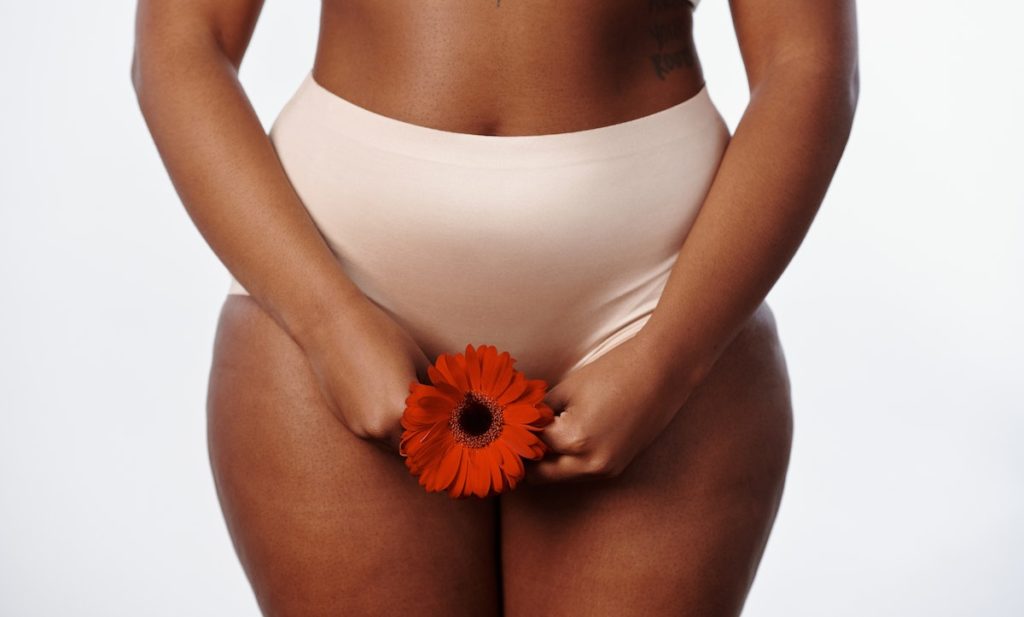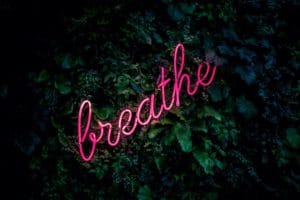Let’s talk about itchy skin and itchy skin downunder.
One of the common symptoms of the menopausal years and declining estrogen is itchy skin. It’s frustrating, it’s common and we often don’t realise it’s to do with our hormones.
Just as common, and arguably even more uncomfortable, is the incidence of an itchy vagina.
Why Does Our Skin & Vagina Become Itchy?
Estrogen is our ‘juice’. As such it plays a role in producing collagen (a skin-plumping protein) and sebum (natural skin oil).
In addition, when we lose estrogen our skin’s barrier function and ability to hold moisture within the skin cells diminishes. So as the natural process of trans-epidermal water loss (TEWL) – the skin’s natural water evaporation system – kicks in it can add to dehydration.
NB: there is a difference between dry and dehydrated skin but for our purposes we are speaking in broad strokes…
Moisturising Skincare Can Help
Your skin can become drier and/or more dehydrated during perimenopause. As a result, by the time you reach post-menopause, it may be noticeably thinner and dryer.
Therefore, it’s a good idea to apply high-quality, natural moisturisers and hydrators twice a day.
Moisturisers and hydrators are usually humectant, occlusive or emollient:
- Humectants attract water to the skin so are good for plumping – hyaluronic acid and glycerin are gold standard examples.
- Occlusives create a seal on the skin holding hydration in i.e. argan oil and jojoba oil.
- Emollients soften and nourish decreasing inflammation and itchiness – avocado and jojoba oils are good choices.
This information is for your skin rather than your vagina.
A Therapeutic Essential Oils Recipe For An Itchy Vagina

Many women experience the discomfort and frustration of an itchy vagina. What’s more, it’s difficult to talk about. The following recipe from Dr Bo Hendgen, founder of Absolute Essential, is simple, soothing and effective.
- 1 x small flattish dish i.e. soy sauce size
- ½ to 1 tsp organic Aloe Vera
- 1 drop of German Chamomile or Sweet Lavender essential oil
- 1 drop Manuka essential oil
- 1 small, firm tampon
- Add the ingredients to the dish and combine.
- Roll the tampon in the blend, insert and leave for a couple of hours.
- Repeat daily until symptoms ease.
- The vagina is a moist environment so oil is often not very effective here. This is why we recommend adding organic Aloe Vera Gel.
- If you’d like to add essential oils, the dosage must be minute and you need to be extremely careful.
Main image by Cliff Booth from Pexe









